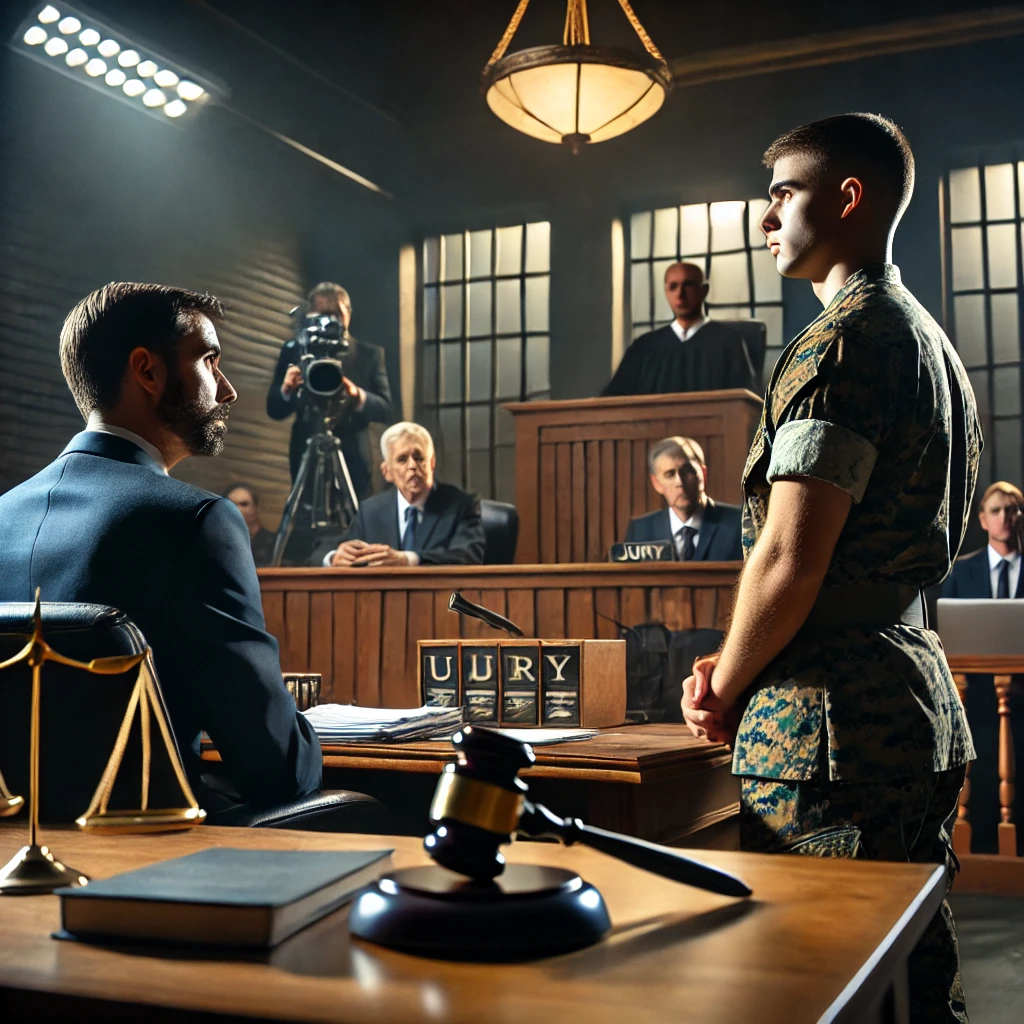The decision by Manhattan District Attorney Alvin Bragg’s office to drop the manslaughter charge against Marine veteran Daniel Penny has sparked controversy, with legal experts like Andy McCarthy calling it an attempt to manipulate the jury. McCarthy, a former Assistant U.S. Attorney for the Southern District of New York, criticized the move as a “strong-arm” tactic designed to increase the likelihood of convicting Penny on a lesser charge of negligent homicide.
The jury is currently deliberating on the negligent homicide charge after failing to reach a consensus on manslaughter. Prosecutors responded by dismissing the more severe charge, a decision that has drawn mixed reactions. Supporters of Penny welcomed the dismissal, seeing it as a victory for the defense. However, legal analysts like McCarthy argue that this maneuver may unfairly sway the jury by presenting the lesser charge as a compromise verdict.
“This really was never a recklessness case,” McCarthy explained in an interview with Fox News host Neil Cavuto. “The evidence doesn’t lend itself to that. I think [Bragg] threw in the recklessness charge to increase his odds of getting a conviction by giving the jury something to compromise on.” McCarthy added that this strategy puts Penny at a disadvantage, as the case was not originally framed around negligence but is now being retried with that focus.
The controversy extends to the broader implications of the jury’s deliberations. After four days and 30 hours of deliberations, the jury reported being deadlocked on the manslaughter charge. In response, Manhattan Supreme Court Justice Maxwell Wiley granted the prosecution’s request to dismiss the charge and instructed the jury to start fresh on the negligence charge. Critics like McCarthy argue that this approach undermines the integrity of the trial, describing it as unfair to the defense.
Cavuto raised the possibility of an appeal if Penny is convicted of negligent homicide, questioning whether the prosecution’s and the court’s actions have compromised the fairness of the proceedings. McCarthy expressed confidence in the defense’s grounds for appeal, stating, “This was a one-transaction case, and it’s a fairly straightforward charge. The only wrinkle is the justification defense, but it’s not rocket science.”
The judge’s use of the “Allen charge,” a directive encouraging deadlocked juries to reconsider and reach a consensus, has also drawn criticism. McCarthy argued that the jury had already devoted significant time to deliberations and indicated they could not resolve the manslaughter count. Forcing them to continue deliberating on negligence, he suggested, creates unnecessary pressure and raises questions about the fairness of the process.
Ultimately, the case has become a flashpoint for debates about prosecutorial strategies, jury dynamics, and the pursuit of justice in high-profile cases. As Penny’s legal team prepares for the next steps, including the possibility of an appeal, the outcome will likely set a precedent for how similar cases are handled in the future. The decision to drop the manslaughter charge may have relieved some pressure, but it has introduced new concerns about fairness and due process.
